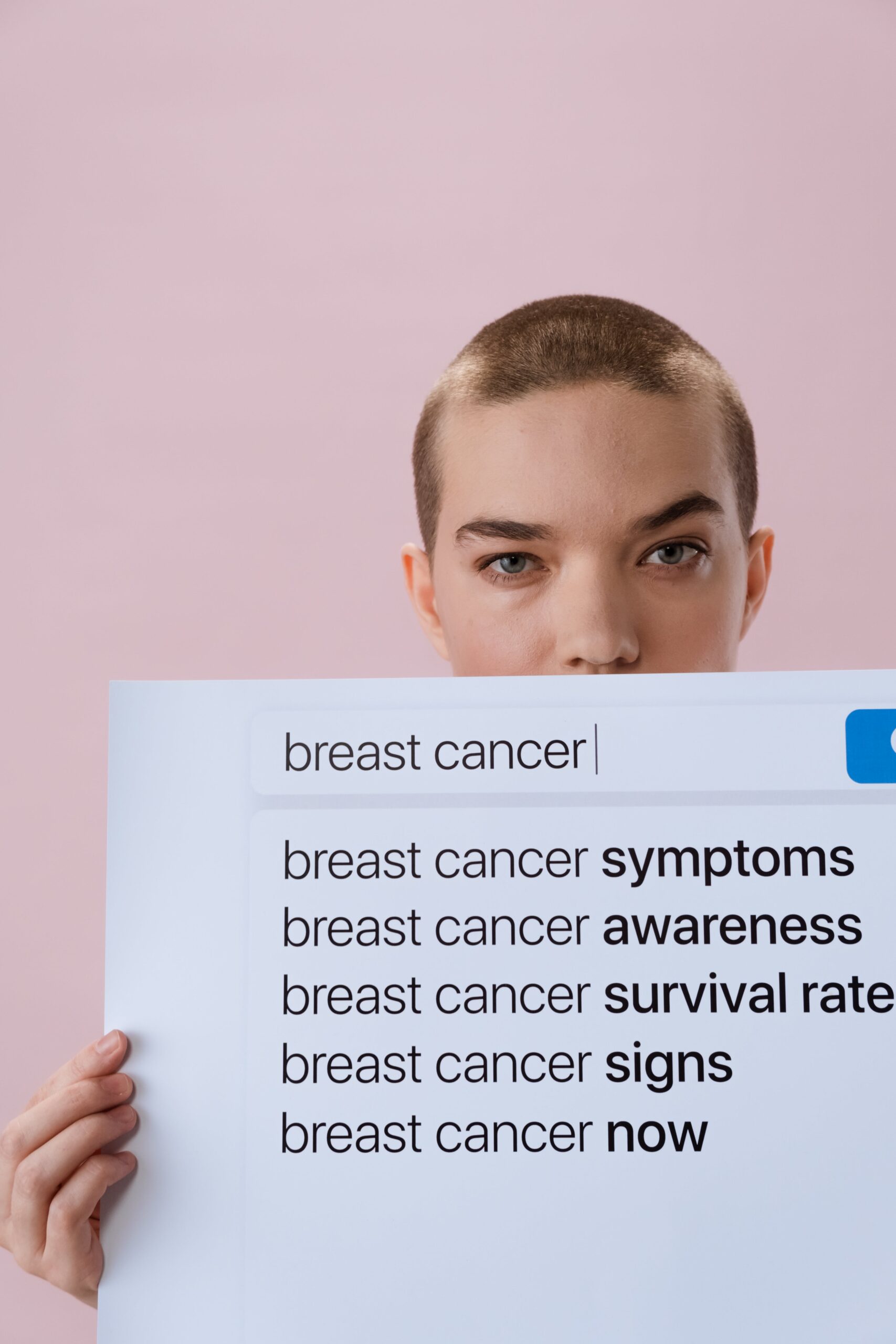
Dealing with breast cancer involves numerous challenges, and maintaining a healthy diet is crucial for supporting your body through treatment-related side effects. From coping with changes in appetite to combating fatigue, here’s a guide to help you make informed food choices during your breast cancer journey.
Foods to Eat:
When undergoing treatments like chemotherapy or hormone therapy, maintaining a nutritious diet becomes essential. Focus on:
- Whole, Nutrient-Dense Foods: Prioritize fruits, vegetables, whole grains, legumes, and protein sources like chicken, turkey, fatty fish, lentils, and nuts.
- Healthy Fats and Proteins: Include sources like nuts, seeds, avocados, olive oil, eggs, and lean meats to support weight maintenance or gain.
- Blended Liquids: Milkshakes, smoothies, juices, or soups can be valuable when solid foods are challenging.
- High-Fiber Foods: Combat constipation with whole grains, flax seeds, legumes, and fiber-rich fruits and vegetables.
- Phytochemical-Rich Foods: Certain compounds like carotenoids, isothiocyanates, and polyphenols in fruits and vegetables may aid in fighting cancer. Examples include cruciferous vegetables, berries, and green leafy vegetables.
Research indicates that an increased intake of fruits and vegetables, especially green leafy varieties, is associated with higher survival rates.
Foods to Avoid:
While managing treatment-related side effects, consider avoiding:
- Alcohol: Interactions with cancer drugs and potential increased risk of recurrence and mortality for existing breast cancer.
- Spicy, Crunchy, or Acidic Foods: These may exacerbate mouth soreness, a common chemotherapy side effect.
- Undercooked Foods: Minimize infection risk by avoiding raw foods; ensure meats and fish are cooked thoroughly.
- Red and Processed Meat: Linked to lower dietary quality and potentially increased mortality risk.
- Sugar-Sweetened Beverages: Limiting added sugar helps in maintaining a healthy weight.
- Highly Processed Foods and Refined Grains: Ultra-processed foods have been associated with a higher risk of breast cancer.
Diet Types:
While numerous diets are touted for cancer, a balanced approach is key. Consider:
- Keto Diet: High-fat, low-carb; studies show promise for certain cancers, but risks and effects on body chemistry need consideration.
- Plant-Based Diet: Emphasizes plant foods while allowing limited animal products; aligns with cancer prevention recommendations.
- Mediterranean Diet: Rich in fruits, vegetables, whole grains, and healthy fats; linked to reduced breast cancer risk and positive outcomes.
Ensure any diet chosen is well-balanced, providing essential nutrients, protein, calories, and healthy fats. Extreme diets may pose risks, so consult healthcare professionals before making significant dietary changes.
Tips for Healthy Eating:
- Opt for smaller, more frequent meals to combat nausea, bloating, or constipation.
- Collaborate with a registered dietitian specializing in oncology nutrition for personalized meal plans.
- Use plastic utensils and glass cookware to mitigate metallic tastes associated with chemotherapy.
- Stay hydrated with a variety of liquids, including smoothies and nutritional beverages.
- Plan and prepare meals ahead, seeking assistance if needed from friends or relatives.
Recipes:
Cooking your own meals allows control over ingredients. Plan and prepare meals in advance, utilizing recipes tailored to your needs. Resources include:
- National Cancer Institute: Offers recipes for snacks, liquid foods, high or low-fiber options, and protein-rich additions.
- American Cancer Society: Provides a diverse recipe database categorized by side dishes, main dishes, and desserts.
- American Institute for Cancer Research: Features recipes covering appetizers, entrees, beverages, salads, sides, vegetarian dishes, and whole grains.
- The Breast Cancer Cookbook: A specialized cookbook designed for breast cancer nutrition.
Takeaway:
Prioritizing nutrition during breast cancer is integral for faster recovery, immune system support, and overall well-being. Consult with healthcare professionals, and focus on a balanced, whole-foods-based diet tailored to your specific needs. Your journey with breast cancer deserves the best possible nutritional support.